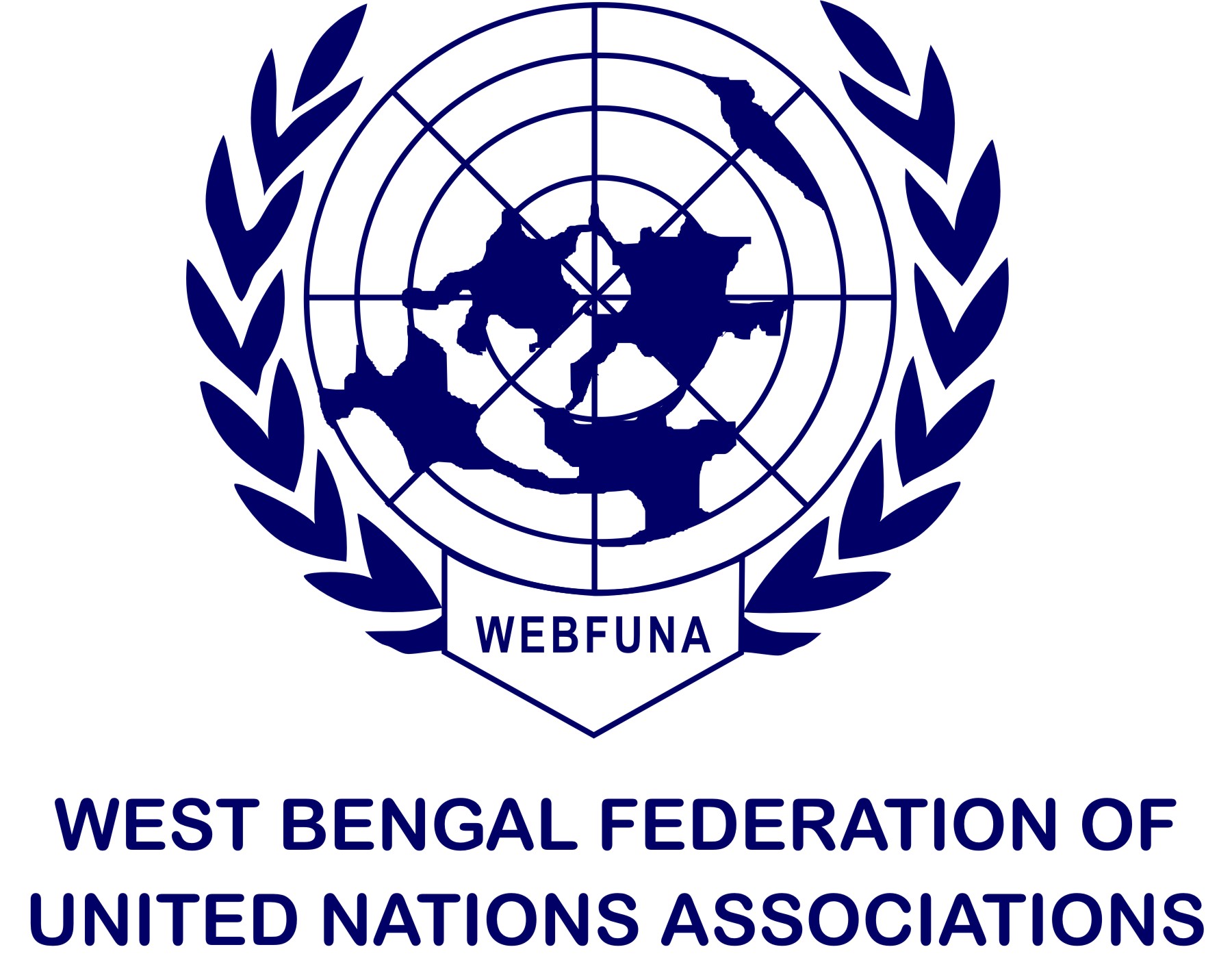Un to Face Increasing Challenges By Mr. Sitaram Sharma – Chairman WEBFUNA
There is no doubt that the world has changed beyond recognition since the founding of the United Nations over 67 years ago in 1945. During the first 40 years of its existence the UN was rendered powerless due to Cold War with vetoes – 279 of them cast in the Security Council in four decades. The world was not very peaceful with over 100 major and minor conflicts causing the death of over 20 million. The optimism that greeted the end of the Cold War and the prospects of the creation of a new world order quickly dissolved. From the bipolar era the world entered a unipolar world. In 2009, the world underwent a further transformation which generated more striking changes than those brought out by the end of Cold War. Multi-polarity is replacing unipolarity and bipolarity. Global governance cannot any longer be confined to a select group of co-equal powers. A more globally equitable power distribution
has been emerging in today’s changing world. The configuration of international relationship is in progress of change driven by the new global economic order. Balance of economic strength and political influence has significantly shifted. The UN, the Security Council and the World Bank are facing scrutiny of the world – demanding reforms.
People’s disappointment with the UN has led to escalating criticism of the powerlessness of the organization. The UN is suffering from a loss of credibility and crisis of legitimacy. Increasing ambiguity of the role of UN in global politics has heightened the legitimacy crisis of the UN and especially with Security Council being inconsistent in its treatment of issues and country.
But as we know the UN is only an instrument, and not a player. It acts on the wishes of its Member States. If all nations, big and small, were to adhere to the purposes and principles enunciated in the Charter, the possibility of war could at least be rendered remote. However as a distinguished representative of India, who was present during the drafting of the Charter stated, “The wit of a man has yet to devise a method whereby a powerful and unscrupulous nation can be prevented from plunging the world into war.” The UN faces the problem of conflict between national
interest and common interest of the international community. The UN must not be governed by nationalism, but by the will of all humanity. There is no greater force than the solidarity of ordinary people, of citizens. The core strength of the UN is its ‘soft power’ – the power of dialogue and international cooperation. However, UN with all its weaknesses still remains the only glimmering hope for humanity. I would like to add only one caveat that perhaps even on the non-security issues – the questions of socio-economic development – the UN will face increasing challenges with shifting of balance of power. The most recent example has been the decision at the recent Rio+
20 Summit where the G-77 bloc of developing countries objected to empowering the UN Secretary General to decide global sustainable development goals. UN of 1945 does not reflect the current realities. It needs to be reformed and restructured to play its appointed role in terms of global governance and maintenance of international peace and security.
ABOUT US
The West Bengal Federation of United Nations Associations (WEBFUNA) is affiliated to the Indian Federation of United Nations Associations (IFUNA) which, in turn, is a member of the World Federation of United Nations Associations (WFUNA).
QUICK LINKS
ALL CONTACTS
- "LATIKA" Ground Floor, 9/3 Hungerford Street, Kolkata 700 017, India
- (033) 2289-5400 / 2289-5403
- wbfuna@gmail.com
- wbfuna@gmail.com






